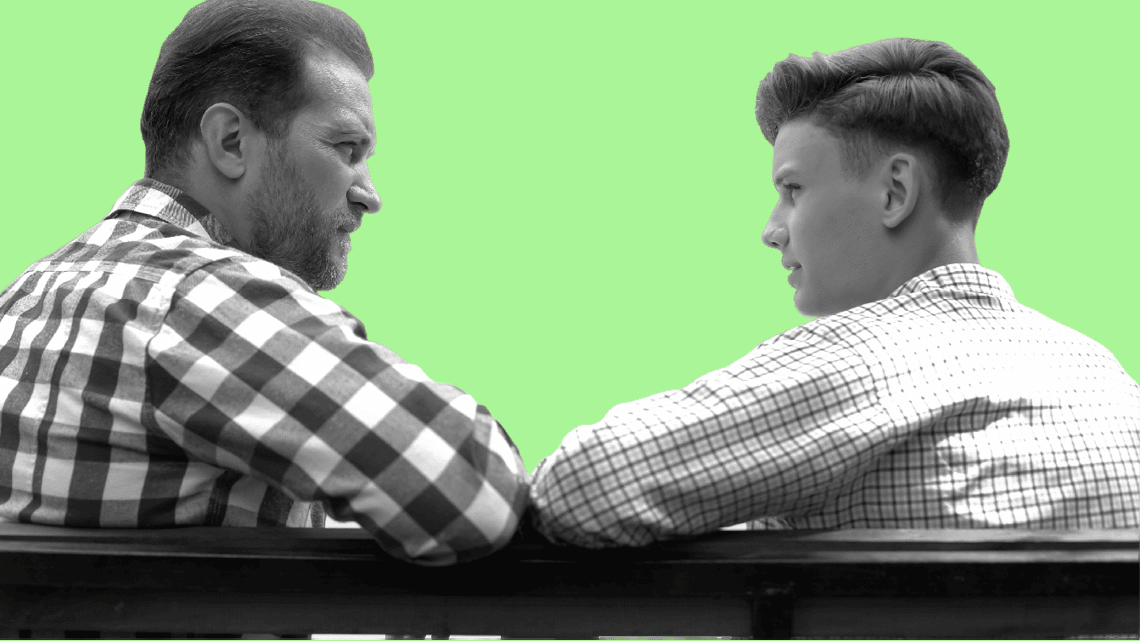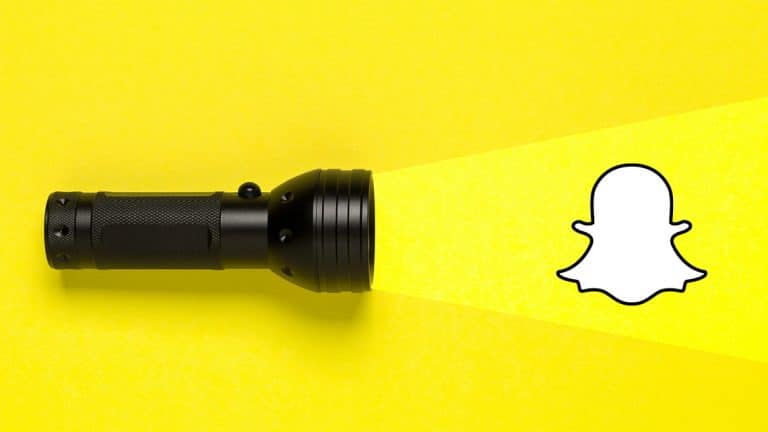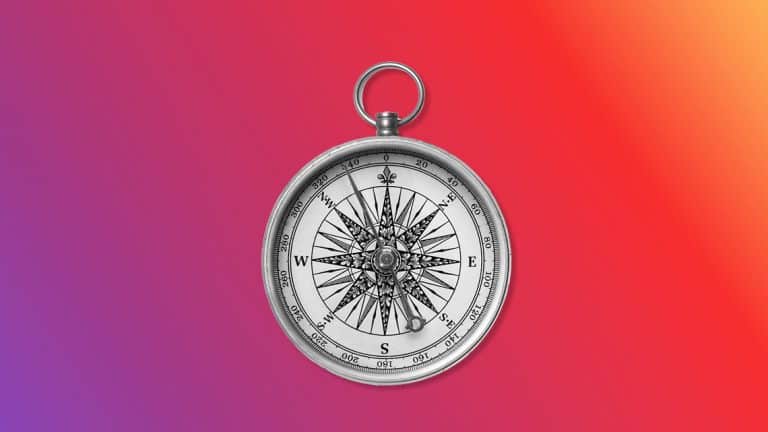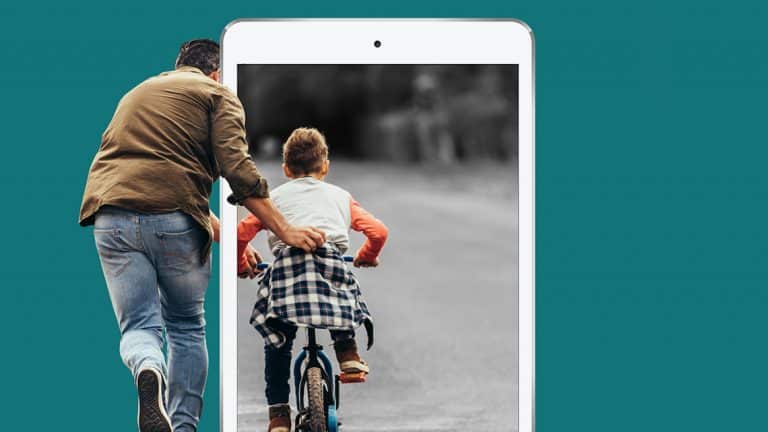Advice on how to talk to your child about porn
You are here: Online Safety Parent Toolkit > Understand The internet has made it a lot easier for children and young people to access porn online. Most online porn is free and doesn’t require any kind of age verification. Children may stumble upon the content accidentally or look it up intentionally out of natural curiosity. It’s…

You are here: Online Safety Parent Toolkit > Understand
The internet has made it a lot easier for children and young people to access porn online. Most online porn is free and doesn’t require any kind of age verification. Children may stumble upon the content accidentally or look it up intentionally out of natural curiosity.
It’s normal to feel concerned about the effect seeing porn may have on your child. Although it’s not always easy, the best thing you can do to help keep your child safe from some of the dangers of pornography is to talk with them about it early and often.
To help you, we’ve put together some things you might want to talk to your child about in relation to online pornography.
Things to talk about
Porn vs reality
It may seem obvious to you, but a lot of young people don’t realise that porn is not usually the same as sex in real life. Research shows that when young people think porn is similar to reality it can impact their self esteem, body image and mental health. You might want to talk about the fact that many porn actors may have altered their appearance and that porn scenes are heavily choreographed.
Consent and respect
Research shows that a lot of online porn shows scenes that include sexual aggression, and that it’s rare for porn to show scenes that include the actors clearly giving consent. Porn also frequently shows sex as being about one person’s enjoyment over the other, rather than something that both partners can enjoy equally. It’s important to talk to your child about how consent works and the importance of mutual respect.
Peer pressure
It’s common for teenagers to feel pressure from their peers to ‘fit in’ and pressure to watch porn can be a part of this. Talk to your child about the fact that they don’t have to do or watch anything that makes them feel upset or uncomfortable – even if they feel like everyone else is doing it. Let them know that they can always talk to you if they are worried about something they have seen online or if they need your help.
Addiction
Although over-consuming porn is not technically classed as an official addiction in New Zealand, there is evidence to suggest that some people can become overly reliant on watching online porn. It’s a good idea to talk about about the fact that some young people may use porn to avoid things in their every day life and or in a way that makes them feel unhappy or out of control. Let them know that if they are concerned that porn may be impacting their every day life then they can talk to you about it. If they don’t feel comfortable talking to you about it let them know there are other support services such a Youthline who can support them.
Let them know they can talk to you
It’s important that young people know that they can always come to you if they need help with something that is happening – regardless of what happpened. You might also want to talk to your child about making an online safety plan about what both you and your child would do if something were to go wrong online and they needed help.
What should you do if your child has seen something online that has upset them
If a young person comes to you about something they have seen online, the most important thing you can do is take what they are saying seriously. Try to stay calm and provide them with comfort and reassurance. Make sure you them know that they did the right thing by talking to you about what they have seen. You can view our advice for Helping Young People Exposed to Upsetting Content.
Online filtering systems
Although online filtering systems can seem like an easy solution, research shows that most filtering systems are relatively ineffective in stopping young people seeing online porn. If your child is young, a filtering system may be more effective in keeping them safe from upsetting content but no filtering system can provide complete protection. If you decide to use an online filtering system, remember technological options work best when teamed with online safety education.
If you’re worried about your child’s porn use:
If you think it is possible that your child is exhibiting porn-viewing behaviours that may be more problematic (such as excessive porn viewing), you may wish to seek further external guidance around this. Below are other organisations that may be able to offer further help around this issue.
- Safe Network safenetwork.co.nz
- Need to Talk 1737.org.nz
- Youthline https://www.youthline.co.nz/
- Lifeline https://www.lifeline.org.nz/
More information
- The Classification Office has advice and answers to frequently asked questions for parents and whānau who want to talk with their young people about pornography. You can find that information here
- The Light Project also has useful information on their website
- More online safety advice for parents
- Sharenting – sharing images and videos of young people safely
- Screen time information for parents
ONLINE SAFETY PARENT TOOLKIT
You’re currently within the ‘Understand’ section of our Online Safety Parent Toolkit where online risks and challenges are explored.
This is the first step in our seven-step framework designed to help parents and whānau with digital parenting in a rapidly changing world. We recommend reading through each step of the Toolkit as this will guide you on how to support your child to confidently access digital opportunities and reduce online harm.
Keep up with Netsafe’s advice
Follow us on social media and subscribe to our newsletter for online safety alerts, news and tips.







